8 of the healthiest fruits: These pack the biggest punch when it comes to vitamins and nutrients
Looking for the best fruit to include in a nutritious diet? Check out our definitive list right here
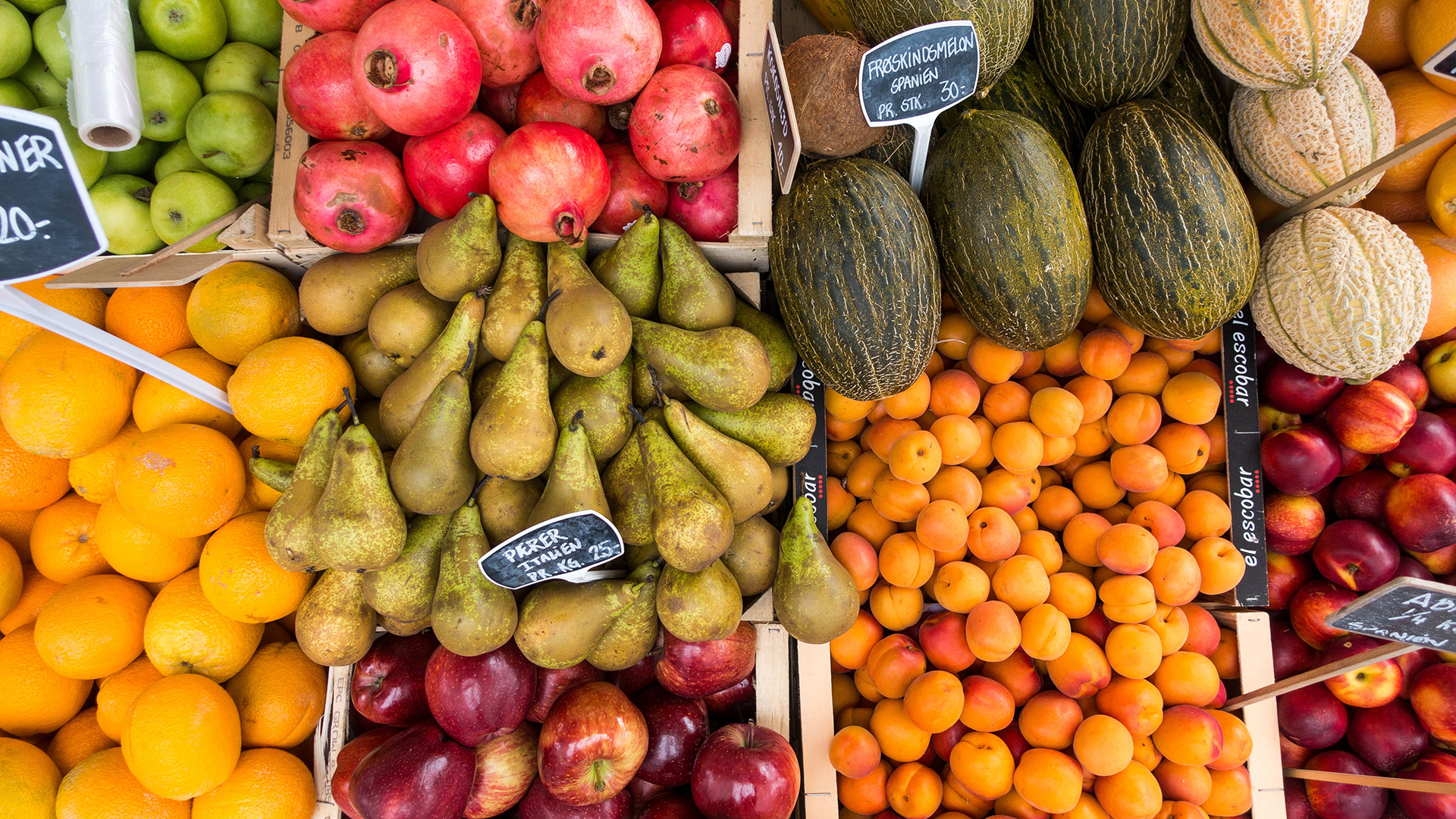
For as long as humans have walked the earth, fruit has been a vital, irreplaceable part of our diet. Fresh fruits are an important source of key vitamins and minerals that our bodies need for homeostasis, and even today, fruits and vegetables are considered to be the most important factor in a healthy diet.
Under the surface, though, it's not quite that simple. Yes, fruit is an important part of your diet but as our diets become more complex, fruit can also end up contributing in areas that we don't need as much. Fruit is relatively high in sugar for example, and at a time when most of us are looking to cut down on our sugar consumption, it's sensible to eat fruit in moderation.
Also, not all fruits are created equal; they all have different nutritional profiles, so it pays to do a bit of research on what you're eating before you eat it. Bear in mind also, that whilst fresh fruit retains all of its nutrients and minerals, cooking fruit will remove much of its nutritional value. If you're looking to include more fruit in your diet, these are the 8 fruits that we would turn to first.
- Browse the best fitness trackers for all-round health and wellness
- Get out and about with a pair of the best hiking boots
- Explore the smartest and best bathroom scales
1. Pineapple
As tropical fruits go, pineapple is right up there among the most nutritious. Pineapple is packed full of essential nutrients, but it's especially high in vitamin C and manganese – an essential nutrient that helps with protein and amino acid digestion, as well as your metabolism and the creation of bone and tissue.
What makes pineapple unique is the presence of bromelain – a mixture of enzymes that digests proteins (hence the tingling sensation in your mouth when you eat pineapple). Bromelain is an effective anti-inflammatory, and has been shown in studies to have great potential in combating osteoarthritis, diarrhea, various cardiovascular disorders and even cancer.
2. Blueberries
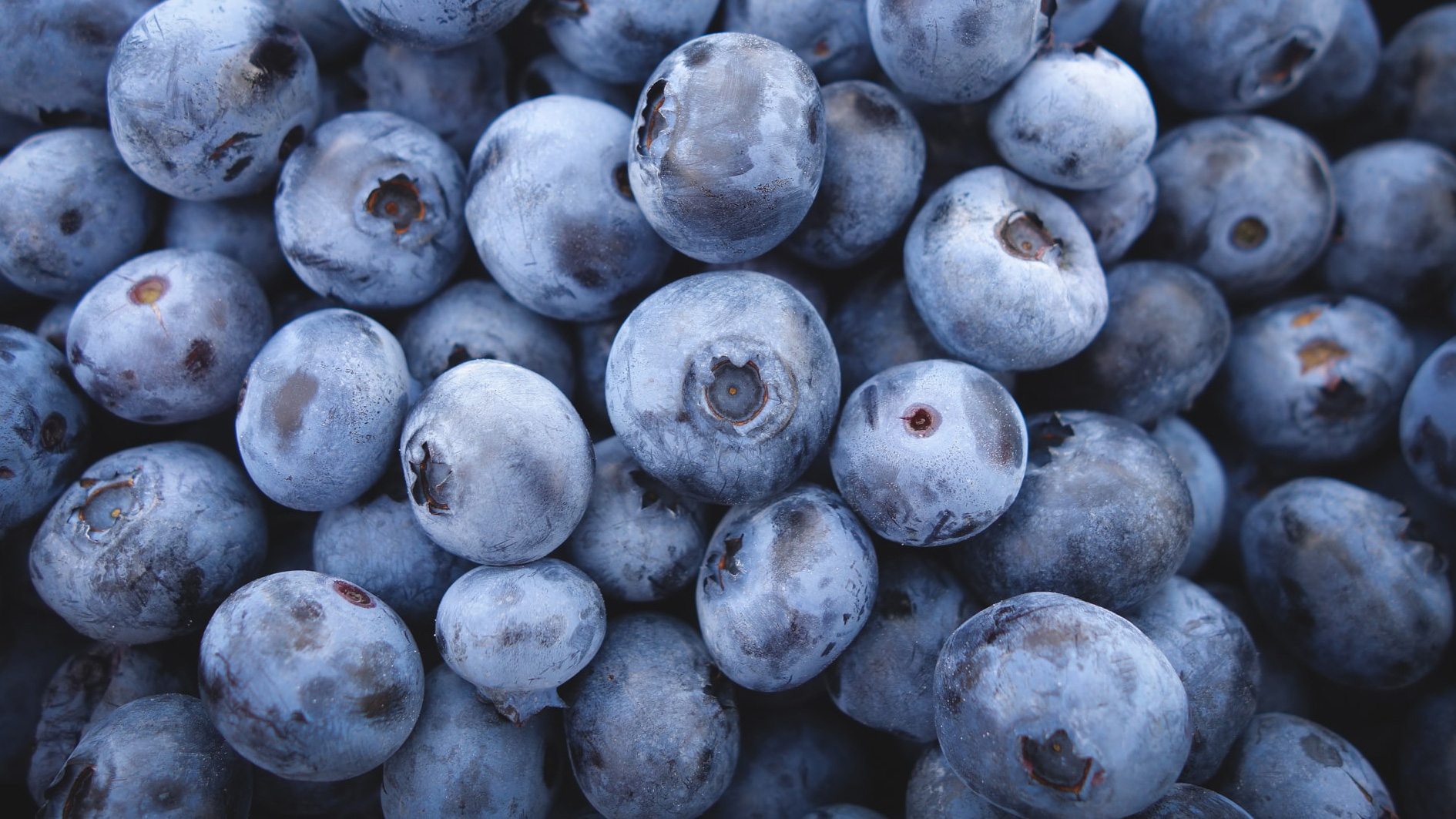
The superfood poster child, blueberries are exceptionally well-rounded and easy to incorporate into your diet. As well as being particularly high in vitamin C, vitamin K and manganese, blueberries are also famously high in antioxidants; antioxidants are vital in protecting your cells from free radicals – unstable atoms that damage your cells and can lead to illness and aging.
There has been lots of research into what antioxidants can do for the body, and the results have been extremely promising. One study found that antioxidants may reduce the risk of chronic conditions like heart disease, Alzheimer's and diabetes, and adding blueberries to your diet has also been shown to improve memory retention in adults.
Get all the latest news, reviews, deals and buying guides on gorgeous tech, home and active products from the T3 experts
Also, blueberries are packed with fibre, so they'll help you feel fuller for longer and provide a steady release of energy throughout the day.
3. Grapefruit
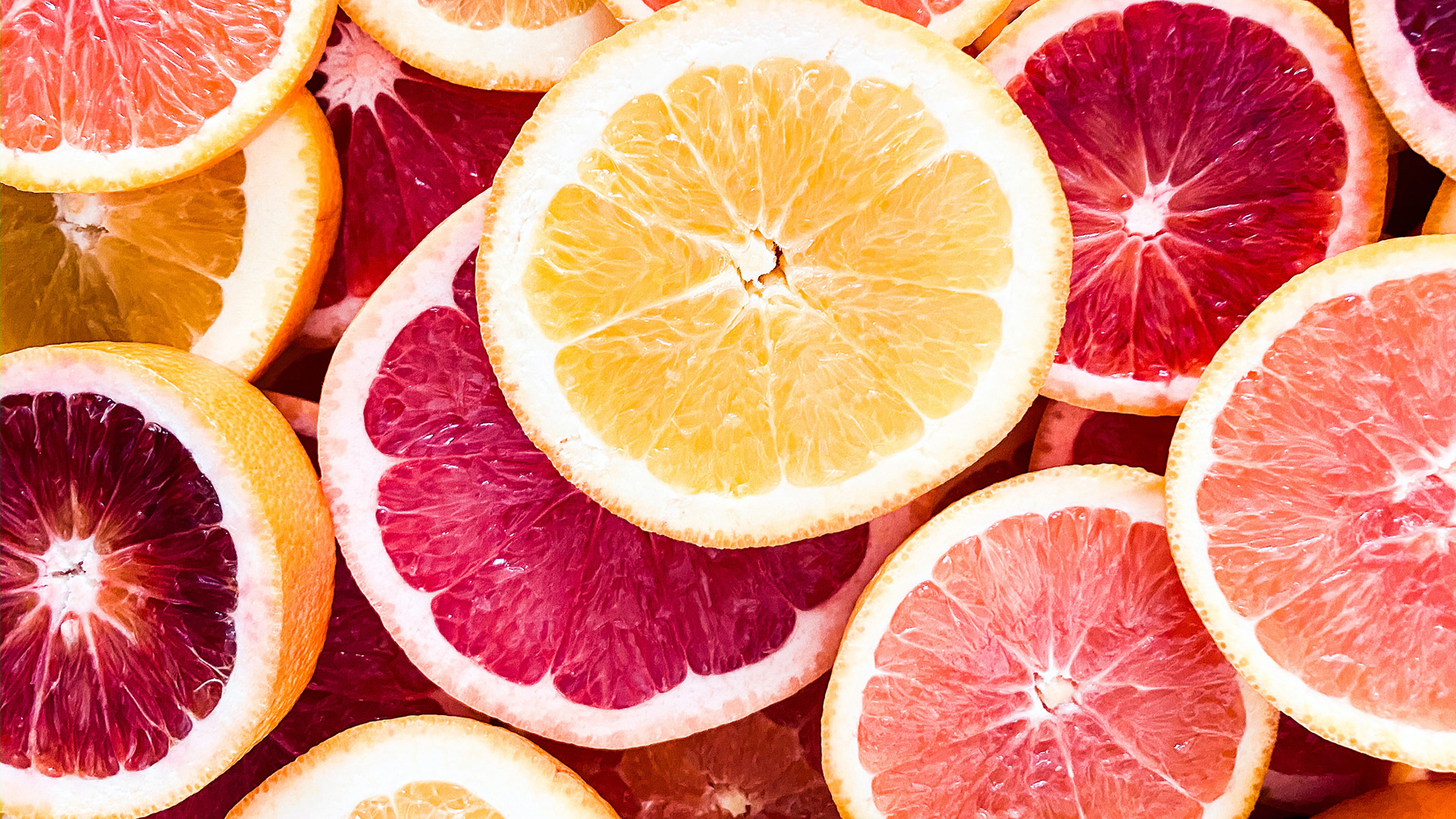
Grapefruits seem to divide opinion – lots of people find them overly tart and acidic, but there's no questioning their nutritional credentials. Grapefruit is packed with vitamin C, and also boasts a good amount of vitamin A, manganese, thiamine, folate, and magnesium as well as a variety of antioxidants.
Grapefruit also causes a significant reduction in your insulin levels and insulin resistance; as a result it's generally not recommended to diabetics, but it is helpful to those looking to reduce their weight and cholesterol levels.
4. Watermelon
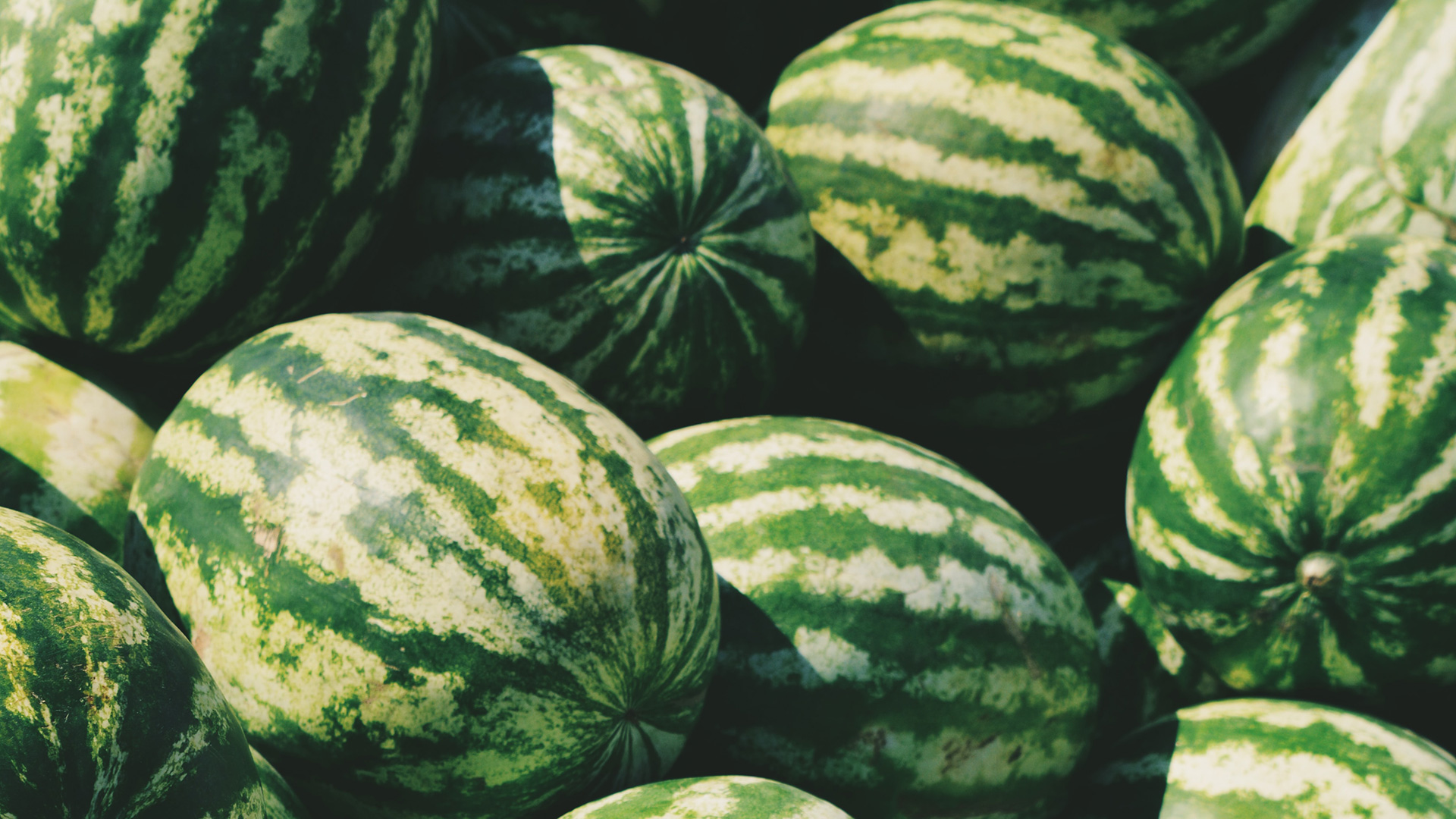
Our bodies are about 60% water on average, so it's vital to stay hydrated if you want to stay healthy. Hydration affects almost everything you do, from sleep quality and mood to body temperature, cell regeneration and your immune system.
If you struggle to drink enough water during the day, watermelon might be the answer. Watermelon is about 92% water so it really does help to hydrate you, but it's also high in vitamins A and C, and has a range of beneficial antioxidants, including lycopene, which studies claim is beneficial for your heart and may reduce the risk of contracting cancer.
5. Avocado
Another divisive fruit, avocados aren't without their issues but they do have a remarkable nutritional profile. Avocado is a great source of potassium, iron and vitamin E, but it's also high in oleic acid – a monounsaturated fat that has been shown to help lower cholesterol and reduce the risk of heart disease.
Avocados have an extensive carbon footprint by the time they arrive on our shores and they are very calorific – a single avocado can be around 400 calories alone. They're definitely worth including as part of a healthy diet, but only in moderation.
6. Bananas
Bananas are famously high in potassium – 1 banana provides 12% of your recommended daily intake – but there's plenty of other good nutrition in there too. Like apples, bananas are high in pectin which is great for your gut health, and there's lots of fibre in there too, making bananas an excellent source of slow-release energy. If you prefer unripe bananas, you may be in luck – recent studies have shown that the extra resistant starch in greener bananas is fantastic for satiety and blood sugar control.
7. Apples
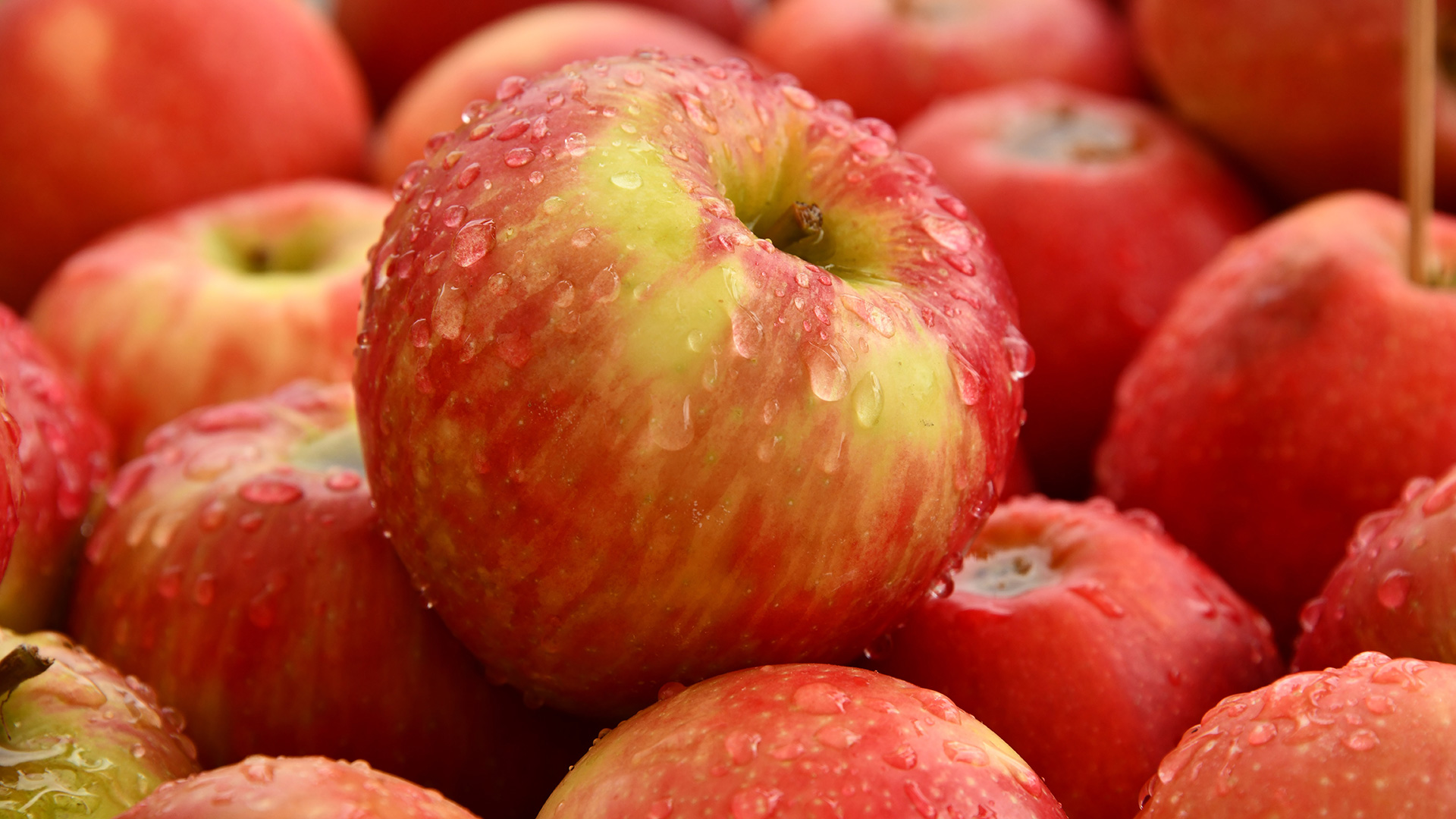
Cheap, nutritious and easily available, there are no excuses for not including apples in your diet. Like blueberries, apples are high in antioxidants, as well as boasting plenty of vitamin C, vitamin K, potassium and fibre. There are five times more antioxidants in the apple skin than in the flesh itself so if you're going to eat apples – don't peel them!
Apples are also remarkably high in pectin – a prebiotic fibre that is fantastic for your gut bacteria and your digestion and metabolism.
8. Guava
Vitamin A, vitamin C, folate, potassium, copper, manganese and antioxidants? Guava is as well-rounded a fruit as you'll find anywhere, so it's definitely worth grabbing if you can find it. On top of that guava is an excellent source of dietary fibre and pectin, so incorporating it into your diet will do wonders for your digestion.
Wellness Week on T3
Wellness Week is brought to you in association with our new sister site Fit&Well and Wiggle. A new standard for a new age of wellbeing, Fit&Well helps you live a better, healthier, happier and longer life. Check it out today at www.fitandwell.com and accelerate your wellness journey.
Pete started his fledging journalistic career covering lifestyle tech and video games for T3, before a brief sojourn in food turned into a full time career as a chef, recipe developer and editor with the likes of Great British Chefs, BBC Food and SquareMeal. Over a decade later he has come full circle, putting kitchen tech and appliances through rigorous testing for T3 once again, and eating a quite intense number of omelettes whilst testing non-stick pans. In his spare time Pete loves nothing more than squashing his size 11 feet into tiny shoes and going climbing. He also dabbles in cricket writing from time to time, and is certainly a man who knows his leg from his wicket.
